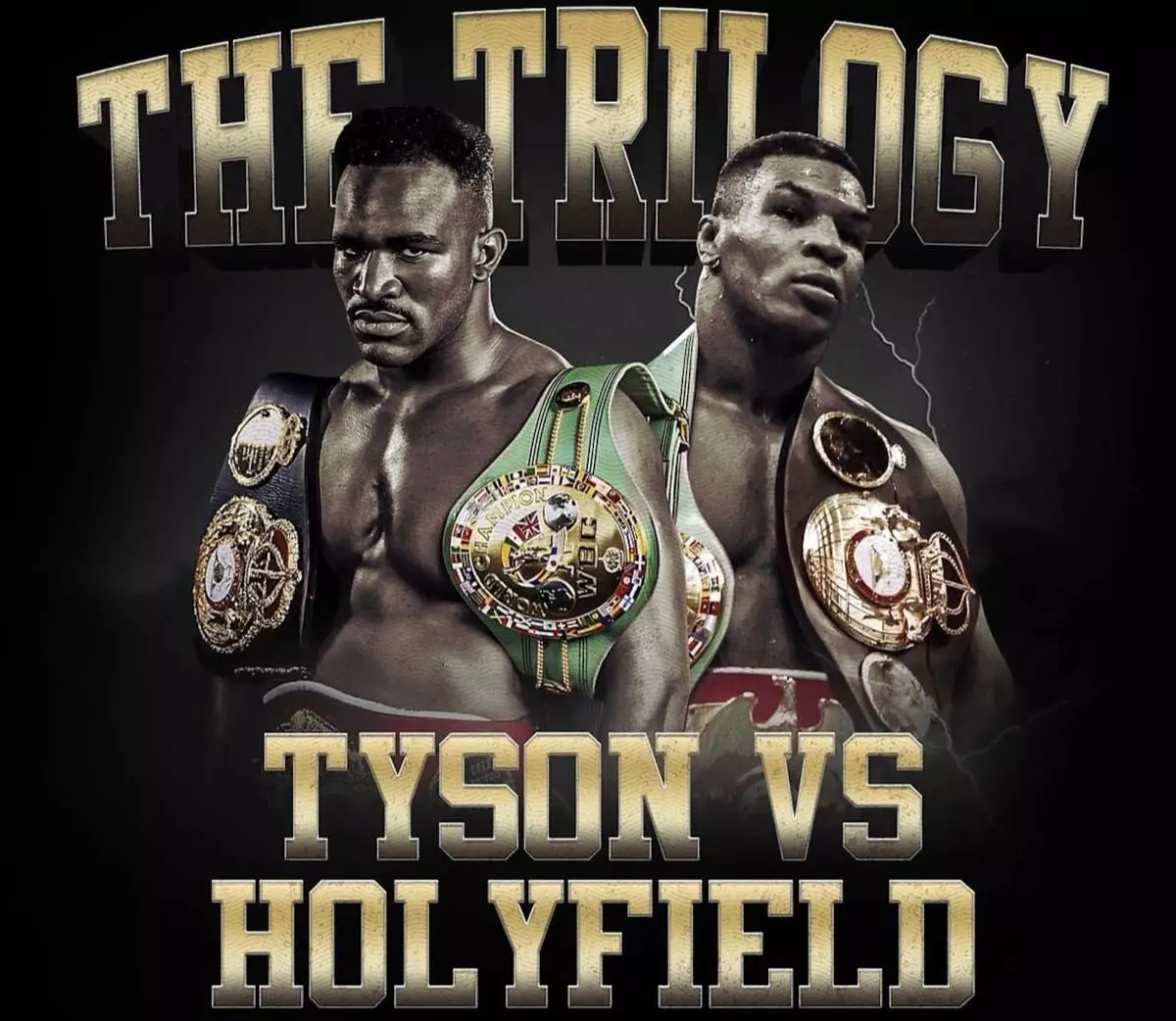The phenomenon of aging boxers stepping back into the ring is one that challenges both sports ethics and fan sentiments. Recently, former heavyweight champions like Mike Tyson and Evander Holyfield have dominated discussions around this contentious issue. Tyson’s recent match against YouTuber Jake Paul raised eyebrows and stirred a spectrum of thoughts about the appropriateness of such bouts in the twilight years of a fighter’s career. Is there something fundamentally wrong with this new trend? It appears the old norms of the boxing world are crumbling, replaced by a disturbing reality where age and performance seem to carry less weight than media spectacle.
At 58, Mike Tyson entered the ring against Jake Paul, a fighter with significantly less experience but a modern audience that reveres him. Tyson, once a fearsome boxer who would have outclassed Paul in his prime, looked every bit his age as he fought a spectacle that felt more like a farce than an athletic competition. The match is emblematic of a broader trend, where the lines between true athleticism and entertainment continue to blur. Paul is guaranteed another bout, and despite his glaring lack of technical skill relative to a fighter like Tyson, he’s emerged as a formidable attraction that cannot be ignored within contemporary boxing.
The crux of the issue lies in the fact that these matches pose risks not just to the fighters‘ reputations, but also to their physical well-being. Tyson’s struggle to keep up during the match revealed the harsh truth that age is a relentless adversary. What’s more unsettling is that performers like Paul profit from such encounters at the expense of the celebrated legacies that their older opponents once held dear.
Barely a moment after the Tyson-Paul debacle, Evander Holyfield, now 62, openly challenged Tyson to a “trilogy fight.” This seemed less like an earnest challenge and more like an embarrassing grab for relevance. Holyfield’s claim that “the fans want it” blatantly disregards the general consensus that such matchups are not what fans are longing for. Instead, we crave authenticity and respect for the sport, something that slam-dunking legends into the ring with one another merely for the sake of nostalgia cannot offer.
Holyfield’s public persona seems to suggest a stark disconnect from reality, as evidenced by his recent underwhelming outing against Vitor Belfort. The public’s disinterest in seeing a 120-year-old fight reflects a broader societal problem: valuing the spectacle over the spirit of sport. Tyson’s gracious and sense-filled response to Holyfield—an affirmation that their true friendship outweighed any desire for a comeback fight—stands as a shining beacon of wisdom amid the chaos that surrounds them.
As Tyson and Holyfield grapple with their past and impending legacies, the boxing world is not void of further eccentricities. Former heavyweight champion Oliver McCall, at the age of 59, is gearing up for another fight. He believes that continuing to adorn boxing rings can bestow legitimacy upon his career—a dubious claim when considering the risks involved at such an advanced age.
McCall’s pursuit of longevity in professional boxing represents a broader dilemma faced by aging athletes. Does the desire to maintain a presence in their chosen sport outweigh the potential danger? This question lingers ominously in the air, urging fans and stakeholders alike to introspect about what the essence of boxing truly is. The responsibility to protect athletes from themselves may never have been more urgent.
Ultimately, the ongoing saga of older boxers returning to the ring forces us into deep reflection. As fans and observers, we must ask ourselves if we are contributing to a culture that celebrates fleeting entertainment and notoriety at the risk of fundamental values of sportsmanship and safety.
The boxing community must safeguard the health and dignity of its athletes, especially those who have dedicated their lives to the sport. Instead of allowing the warriors of the past to be paraded around as curiosities, let’s foster an environment where their legacy can be celebrated through respect, mentorship, and careful consideration of the impacts of their choices. We owe it to them, and to future generations of fighters, to redefine what it means to be a champion.


Napsat komentář